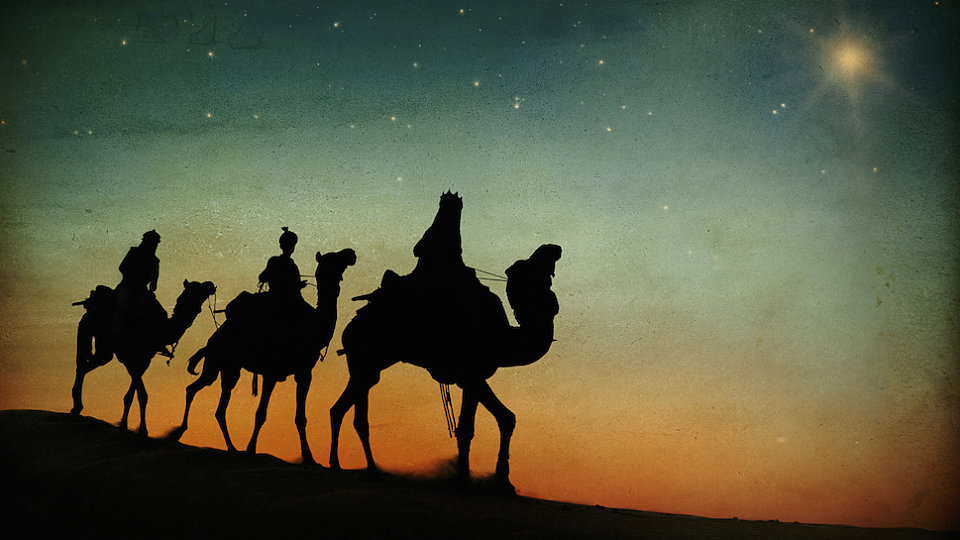The Coming of the Wise Men

During these weeks leading up to Advent, I’ve been sharing excerpts from my latest book, Faithful: Christmas Through the Eyes of Joseph. This week, I conclude with highlights from Chapter Five, “The Rest of the Story.” Click here to read my last post from Chapter Four. I love the story of the Magi – the wise men who came from the east – in Matthew’s telling of the Christmas story. Among other things, Matthew may have been wanting us to see that Jesus was not simply the Jewish Messiah but the world’s savior and king. Most likely, the Magi came from Persia. By the way, magi is the root of our word “magician.” These magi probably were not magicians in the way we think of that term. They were likely part of the priestly class within the Zoroastrian religion—respected court advisors, scholars, sages, devout believers in God, and scientists of a sort. They studied the stars and looked to them for signs of God’s plans and world events. They were astrologers in a time when astrologers were not simply creators of horoscopes but students of the stars. Zoroastrianism originated in Persia (modern-day Iran) possibly in the late seventh or the early sixth century before Christ. The prophet Zoroaster was to Zoroastrianism what Moses was to Judaism. Both religions shared a belief in one good and all-powerful God, in a host of other theological ideas, and in common ethical imperatives. Yet they were as different from one another as, say, Judaism is from Islam. This is why I find the visit of the Magi so remarkable. According to Matthew, God chose to invite a group of foreigners, priests of a different religion, to share in the joy of Jesus’ birth. And God used them to provide what would prove to be much-needed help for the Holy Family as they would soon be forced to flee Herod’s murderous paranoia, as refugees to Egypt. In response to their sighting of the star and their deduction that a king of the Jews had been born, these wise men traveled twelve hundred miles across the ancient highways from Persia to Judea in order to see the child, bring him gifts, and pay him homage. Imagine what Joseph must have been thinking when an entourage of court officials and priests from the far east showed up at his door. What must have been going through his mind as he watched the wise men, one by one, open their extravagant gifts and bow before Joseph’s infant son, hailing him as the one “born king of the Jews”? Right here at the beginning of the gospel story, we find God doing something that really messes with our theology—he reaches out to, and uses, people of other faiths to accomplish his purposes. I wonder if part of this story’s lesson is to teach us to treat those of other faiths the way God honored the Magi or the way the Zoroastrian priests did Joseph and Mary as they brought their gifts to the newborn King. God’s perspective on those who are not of our “tribe” may just be different from our own, and learning these lessons might be key to experiencing the “peace on earth” proclaimed by the angels in the Christmas story. Click here to find more information about all Faithful products, including the primary book, a DVD, a Leader Guide, a Children's Leader Guide, and a Youth Study book.